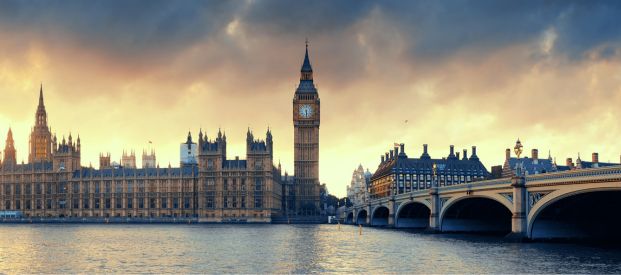The Anniversary of England’s First Parliament
On 20 January 1265, England’s parliament met for the first time. Although this event occurred over 750 years ago, it is viewed as an important milestone in the country’s history. In fact, many historians regard this initial assembly as a key factor in shaping England’s political landscape.
But before we explore the significance of this event, let’s first set the scene.
The rebel barons
King Henry III had ruled the country since 1216, and his reign marked a period of turbulence and dissent. By 1264 there was growing opposition towards his methods of ruling, specifically from a group of rebel barons led by an ambitious nobleman, Simon de Montfort, the Earl of Leicester.
This led to the outbreak of the Second Barons War from 1264 to 1267. Under de Montfort’s leadership, the barons emerged victorious against the King’s forces in the Battle of Lewes in May 1264. Having captured the King and seized control of the government, de Montfort then sought major political reform. However, he was only ruling in the name of the King, who was his prisoner, and he was facing a great deal of opposition from the nobility. He therefore needed to calm the unrest and establish a system of governance that would address the needs of the nobility as well as the general population.
An unprecedented move
The socio-political landscape of England was undergoing great changes at the time, and de Montfort recognised that he needed support from the growing merchant and landowning classes. So, on 20 January 1265, he called for a parliament to meet. But in an unprecedented move, he summoned not just members of the aristocracy but also lay people or “commoners”. These included knights to represent the counties and burgesses to represent the boroughs. These commoners were elected by their communities to attend the parliament, which set a precedent for broader political representation. For the first time, lay people outside of the aristocratic classes were able to get involved in major political issues.
Despite this landmark achievement, there was opposition to de Montfort’s regime, and he was subsequently defeated and killed at the battle of Evesham in August 1265.
An important legacy
De Montfort’s 1265 parliament left an important legacy, as many historians regard it as a key factor in the establishment of the House of Commons. In 1275 King Edward I followed de Montfort’s pattern by summoning not just nobles and clergymen to his parliament but also two elected representatives from each county and town (knights and burgesses). By 1295, this had become standard practice, which is where the 1295 Model Parliament got its name.
From the early 14th century, each subsequent parliament included representatives of the people, or commoners, who began to sit in a separate chamber or house to that of the nobility. This set in place the formal structure of parliament, consisting of the House of Lords, the House of Commons and the Monarch.
Over the centuries, parliamentary customs and procedures were developed and refined. Today, the House of Commons plays host to the 650 elected Members of Parliament who represent the interests and concerns of the UK public.
So, in many ways, the first meeting of England’s parliament 759 years ago helped to lay the foundations for modern democracy as we know it today.











Dear all,
Will you be producing a Calendar in 2024 to commemorate The Anniversary of England’s First Parliament, with scenes of the House of Commons.
“On 20 January 1265, England’s parliament met for the first time. Although this event occurred over 750 years ago, it is viewed as an important milestone in the country’s history.”
We produce a wide range of varied calendar designs suitable for businesses to promote their own company. We like to cover interesting facts, events and occassions here on our blog which we hope our audience find interesting and engaging.